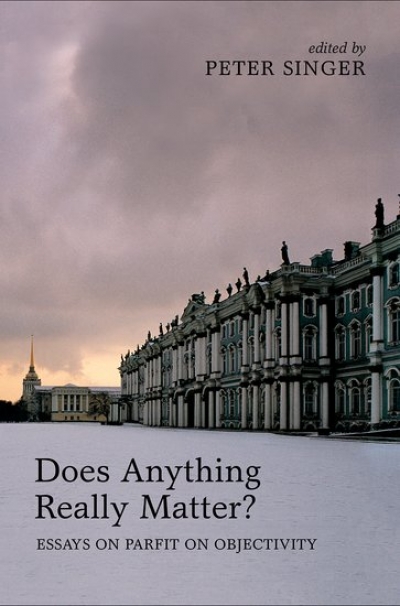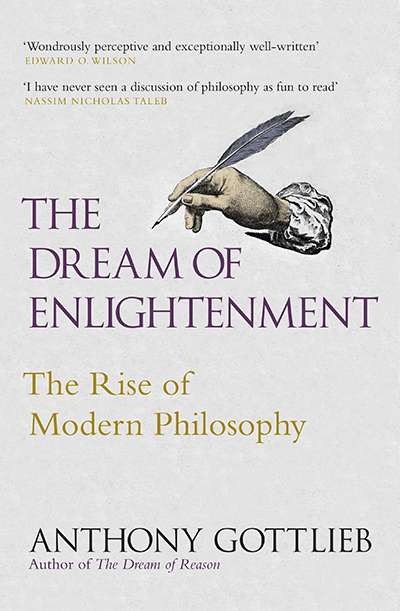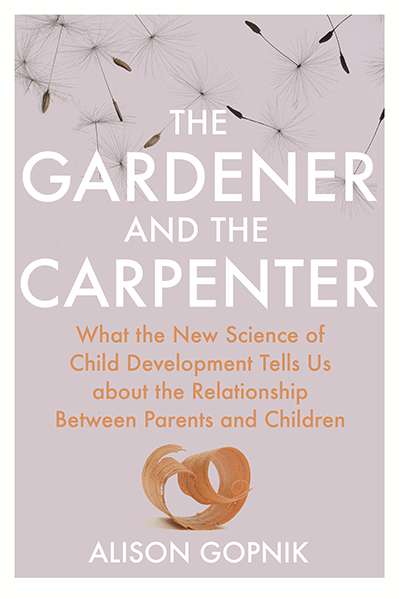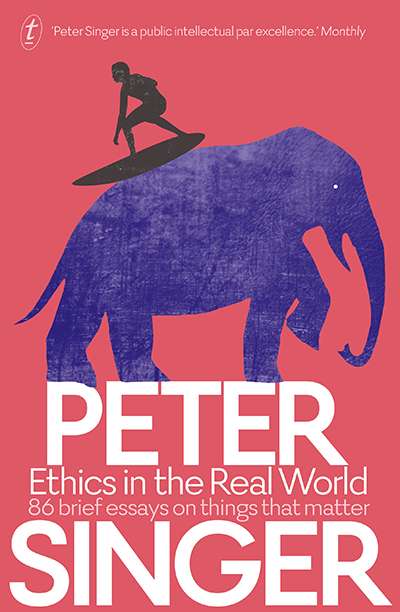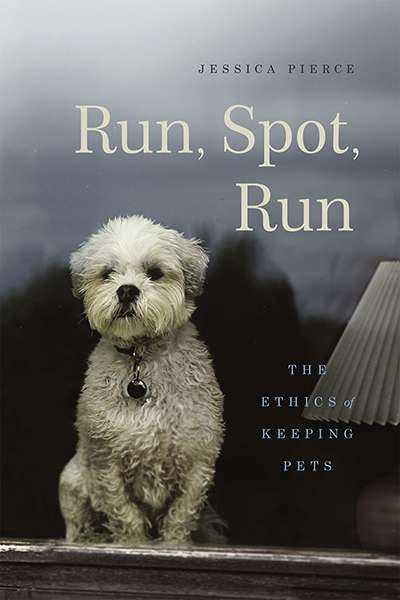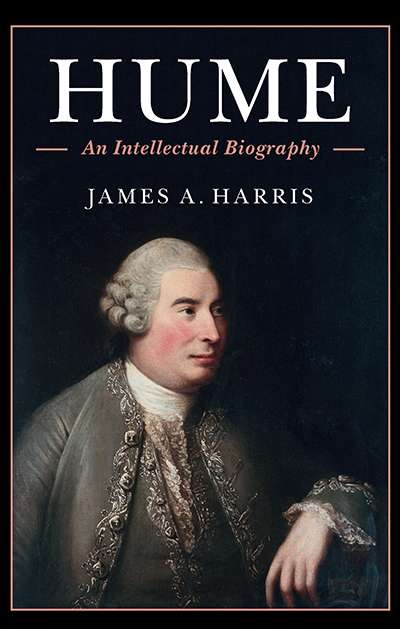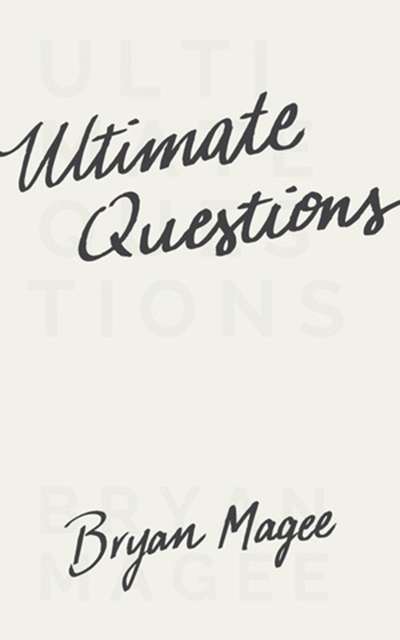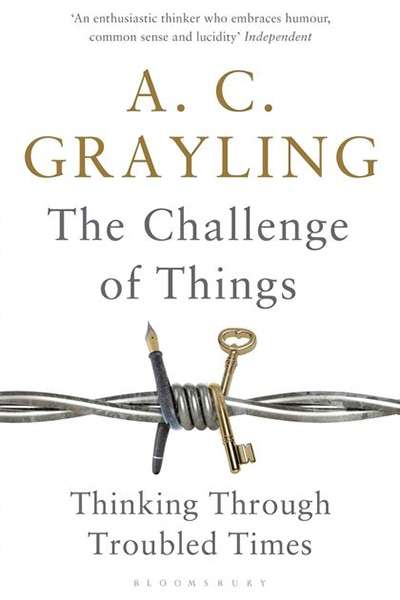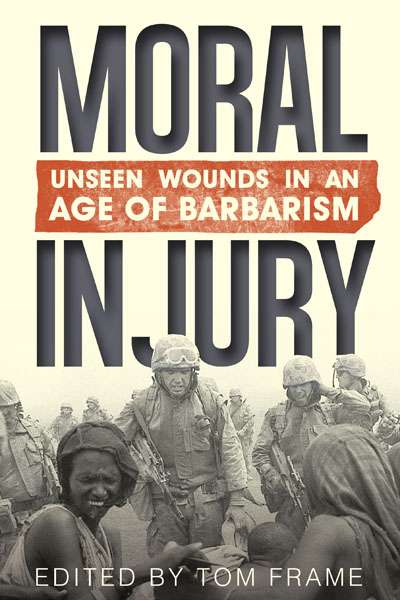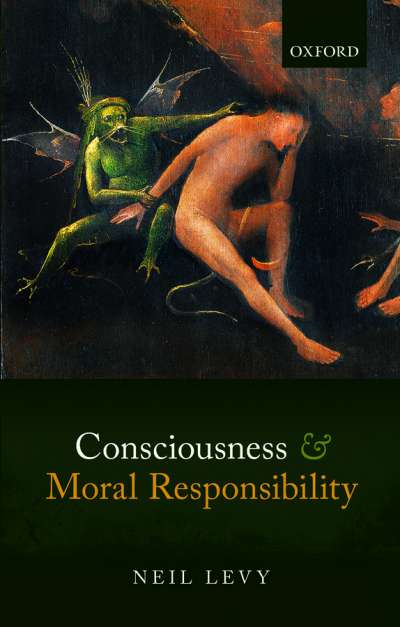Philosophy
Does Anything Really Matter?: Essays on Parfit on objectivity edited by Peter Singer
Philosopher Derek Parfit claimed that nothing matters unless ethical and other normative beliefs are objectively true. Parfit, who died on 1 January 2017, wrote a three-volume work, On What Matters (2011–17), because he believed that the meaningfulness of his life, and the lives of others who devote themselves to ethical thought ...
... (read more)The Dream of Enlightenment: The rise of modern philosophy by Anthony Gottlieb
In 1784 Immanuel Kant wrote a remarkable essay entitled ‘An Answer to the Question: What Is Enlightenment?’ The essay, written for a magazine, provided an occasion for the great and difficult philosopher to present some of his ideas to a broader audience. The essay is short, accessible, and contains breezy descriptions of freedom, rationality, and human dignity. ...
The Gardener and the Carpenter: What the new science of child development tells us about the relationship between parents and children by Alison Gopnik
Philosophers do not have the best track record as parents. Plato seemed to entertain the idea that children should be raised by the state. Rousseau abandoned all five of his children to an orphanage. There is a rumour that Descartes used to travel with a life-sized mechanical doll that he named after his daughter. Wittgenstein was encouraged to move on from his brie ...
Ethics in the Real World: 86 brief essays on things that matter by Peter Singer
In its original meaning, the word ‘philosopher’ simply meant ‘lover of wisdom’. At a time when theories of knowledge were still in their infancy, it was applied to thinkers – often, by ...
... (read more)Run, Spot, Run: The ethics of keeping pets by Jessica Pierce
A sea change has occurred in the way we regard pets. In recent decades the West has fervently embraced pet keeping. Australia has one of the world's highest levels of pet ownership ...
... (read more)David Hume earned his place in the philosophical pantheon mostly because of the uncompromising empiricism of his early work A Treatise of Human Nature (1738). He looked ...
... (read more)This small book is the culmination of a lifetime's thought about some of the deepest and most unfathomable philosophical questions: the limits of our ...
... (read more)The Challenge of Things: Thinking Through Troubled Times by A.C. Grayling
As a liberal-minded, London-based philosopher prepared to engage in the mainstream press with major topics of the day, A.C. Grayling is always up for a challenge. Although much of Grayling's commentary conforms to the classical liberal view of things, now and then logic dictates that he takes a stance that may seem radical in those terms.
...Moral Injury: Unseen Wounds in an age of barbarism edited by Tom Frame
Military personnel on active service are deliberately put in harm's way. The harm can be physical, psychological, and moral. The first two kinds are well known if not well understood. But what of the third kind of harm? How does moral harm differ from psychological harm? This collection attempts to answer the question by bringing together the views of many people: e ...
Consider the following dilemma. If it is possible to identify the cause of a person's action and beliefs – causes that are outside the agent's own conscious reasoning – in what sense can we say that the person chooses what she does or she thinks? If the person did not consciously choose, then it is reasonable to ask whether she should be held morally responsible ...


